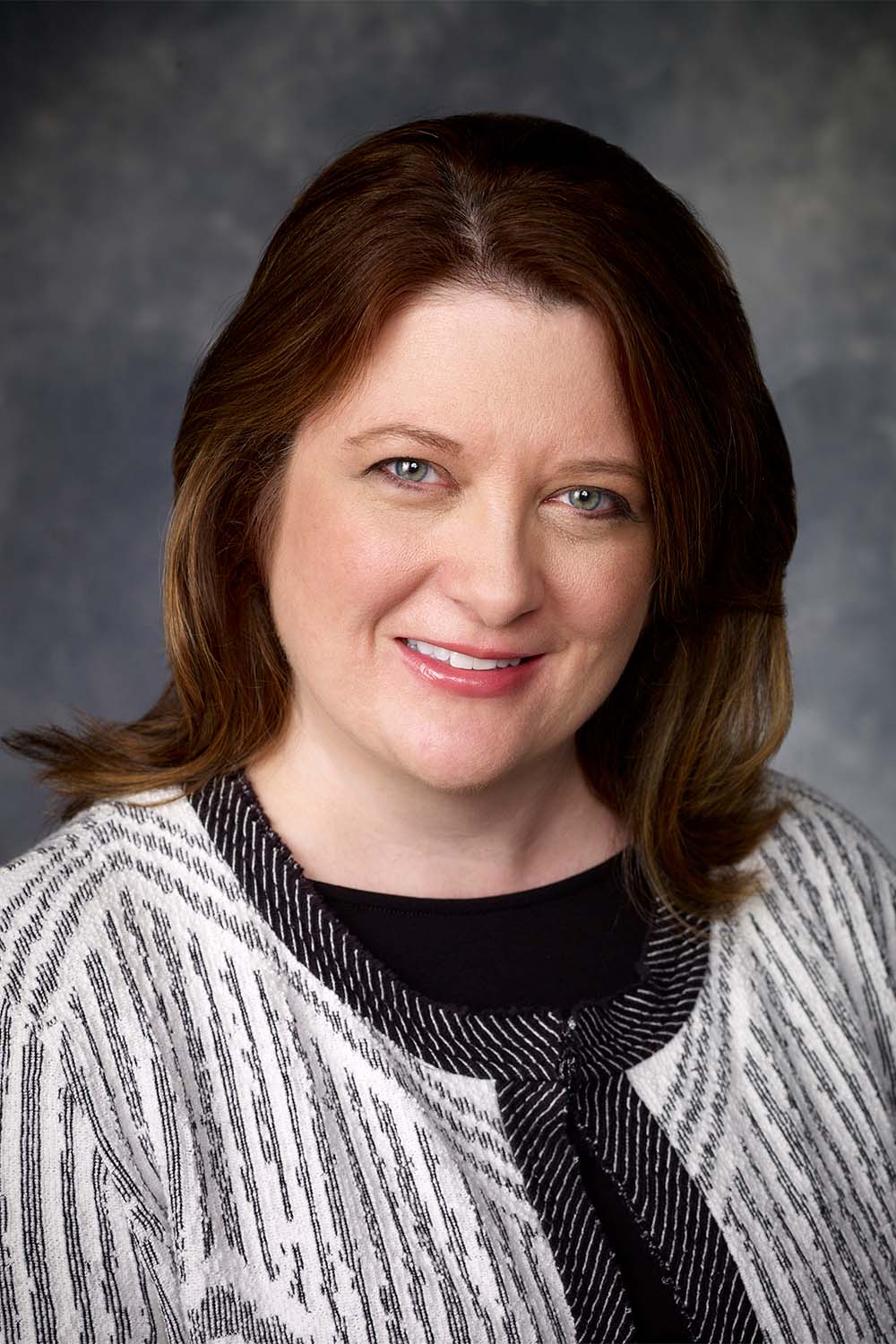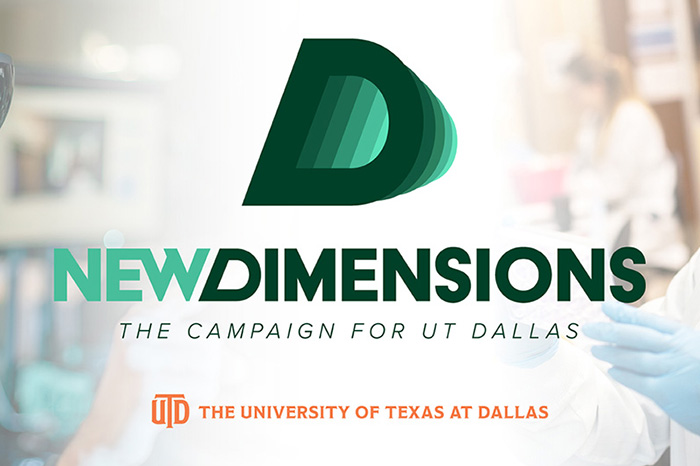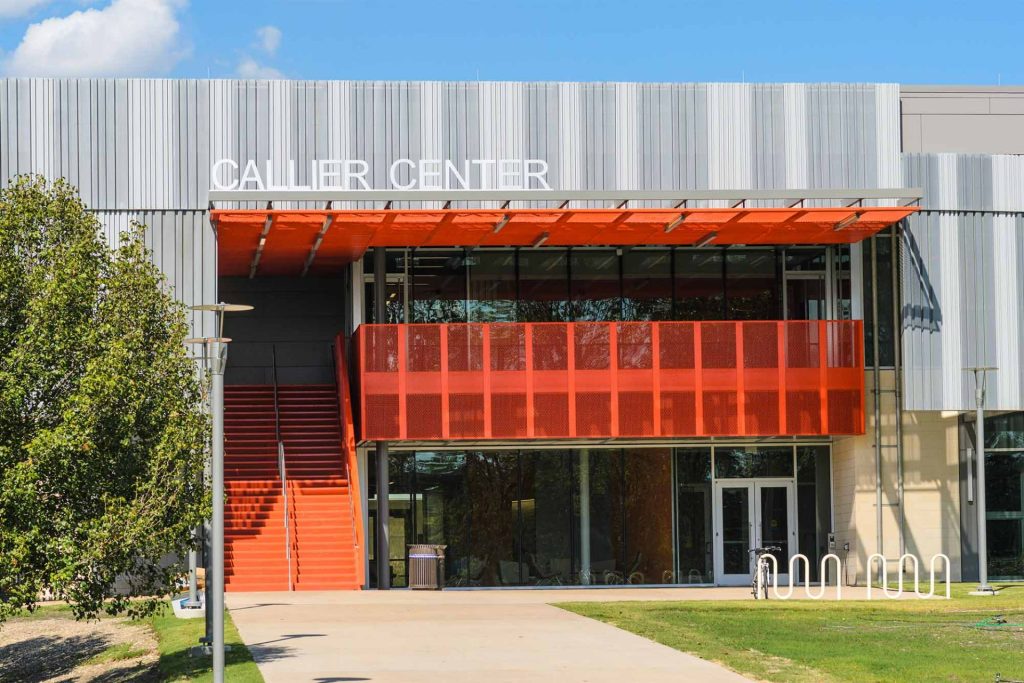
The University of Texas at Dallas School of Behavioral and Brain Sciences (BBS) and Office of Research and Innovation have collaborated to create a Clinical Trials Unit, a centralized location and source of support for human trials of therapeutic drugs and devices.
The new clinical and translational research unit will facilitate the assessment of new therapies for human disease, focusing initially on behavioral and brain disorders and conditions, and will be available to any UTD researcher. The first clinical trials are anticipated for hearing loss, pain and neurological disease.
Dr. Margaret Owen, BBS interim dean, Robinson Family Professor and director of the Center for Children and Families, said the Clinical Trials Unit will help guide fundamental discoveries made at the laboratory bench through the human testing process.
“The resources that will become available here for bridging basic research to evidenced interventions will greatly benefit the larger community, with potential for addressing many needs,” she said.

Dr. Steven Small, a professor of neuroscience who helped guide the effort to create the unit, said the new initiative will serve researchers across the University.
“It’s not something that benefits any single research cohort,” he said. “Within neuroscience, audiology, bioengineering and psychology, there are active groups doing drug discovery and repurposing work, as well as developing therapeutic devices. Add in the studies of behavioral interventions under investigation across BBS — concerning autism, language disorders, post-traumatic stress disorder, early parent-child relationships and more — and it’s easy to see how this serves the entire school and beyond.”
Dr. Colleen Le Prell, the Emilie and Phil Schepps Professor of Hearing Science and department head of speech, language, and hearing, will serve as director of the Clinical Trials Unit.
“I’ve been interested in building the infrastructure necessary for doing applied clinical research here at UT Dallas, and, in my own field of hearing science, efforts have exploded recently to develop drugs for either hearing protection or regeneration,” she said.
Le Prell said that the center can help UTD researchers complete the “bench to bedside” pathway.
“UT Dallas is very highly regarded for the bench part, but we haven’t had many people who are able to bring things fully through a developmental cycle to get to patients and to the larger community,” she said. “This is the missing piece that can take our basic discovery work and move it through to patient application.”
Dr. Greg Dussor, Eugene McDermott Professor and neuroscience department head, is a researcher in UTD’s Center for Advanced Pain Studies who is investigating what causes migraines.
“The ultimate goal of the preclinical work that we do in my pain neurobiology lab is to develop novel therapeutics for headache and other types of pain,” Dussor said. “This naturally requires testing in humans. This new unit will provide the expertise and infrastructure to conduct clinical trials on campus.”

To learn more about how UT Dallas is enhancing lives through transformative research, explore New Dimensions: The Campaign for UT Dallas.
Initial staffing for the unit will include experts in grant-writing and personnel skilled in designing, launching and conducting clinical trials, as well as navigating the Food and Drug Administration approval process.
The unit will be located on the Richardson campus of the Callier Center for Communication Disorders. Angela Shoup BS’89, MS’92, PhD’94, the Ludwig A. Michael, MD Callier Center Executive Director, said the ability to conduct clinical trials at UTD aligns with the ongoing work of the Callier Center.
“As part of our mission to transform the lives of individuals with communication disorders, we are committed to conducting meaningful and innovative basic and applied research into new treatments and technologies,” she said. “Driving clinical innovation in all areas of brain and behavior requires dedicated resources to move foundational research through clinical testing, implementation and into sustained general practice, thus improving health care efficacy and efficiency while setting a new standard of care.”
